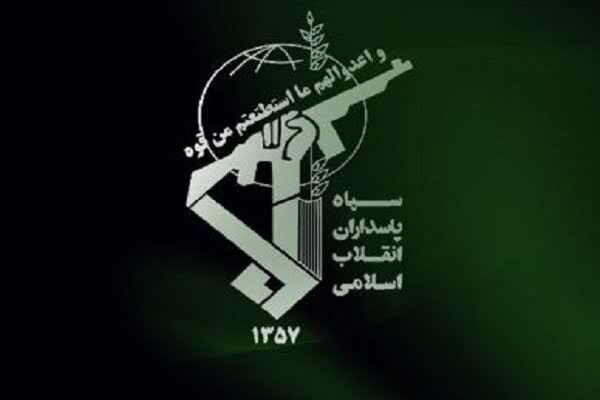Initially formed to protect the principles of the Islamic Revolution and counter internal and external threats, the IRGC quickly became one of the key pillars of Iran’s national defense. It played an important role in the eight-year Iran-Iraq War (1980-1988), helping to protect the territorial integrity and sovereignty of the country in the face of catastrophic invasions. Since then, alongside the Army, the IRGC has remained at the forefront of Iran’s security architecture, contributing significantly to the country’s defense capabilities and regional stability.

One of the IRGC’s core missions was to ensure national security. The IRGC also expands its strategic presence across Iran’s borders and helps the government fight terrorist groups such as ISIL. By supporting counter-terrorism operations, the IRGC contributed to regional security, especially during a period when extremist groups threatened to overrun much of the Middle East.
In addition to its military role, the IRGC has consistently demonstrated its commitment to Iranian people amid natural disasters and humanitarian crises. From earthquake relief efforts in Kermanshah to flood rescue operations in various states, the IRGC forces mobilized quickly and efficiently to provide aid, rescue services and infrastructure support. Their rapid response and logistics capabilities have made them an important actor in disaster management and public safety.

Beyond emergency response, the IRGC is also involved in development projects across Iran, particularly in areas that are not developed or remote. IRGC is taking part in large infrastructure projects including road construction and dam buildings through the Khatam Al-Anbia Construction headquarters of the Engineering department. These initiatives aim to improve living standards and create employment opportunities for the local population.
As it has been one year since its establishment, the Islamic Revolutionary Guard maintains its commitment to defend Iran’s sovereignty and to stand up to Iranian people in times of crisis. That legacy is one of resilience, rapid mobilization, and a deeply rooted sense of duty to protect and serve.

Major General Mohammad Bagheri, the military’s chief of staff, says Iranians are watching the Islamic Revolutionary Guard (IRGC).
In a message on Monday, Major General Bagheri offered to congratulate the IRGC’s founding anniversary.
He praised the IRGC for his honorable record of defense and military capabilities, deterrence, support for civilians and promoting a culture of resistance.
The general said the Iranians were calm by viewing the IRGC as their protective shield and a strong shelter, ensuring Iran’s security and calmness and expanding preparations for its deterrence.
The IRGC prevented the enemy from making miscalculations and warned them of the devastating consequences of the attack, the commander said.
He also emphasized that the enemy did not generally damage the IRGC image.
The rog haughty power head recognizes the IRGC as a major barrier to bullying and hegemony strategies in the world’s most sensitive regions, the general said.
MP/

